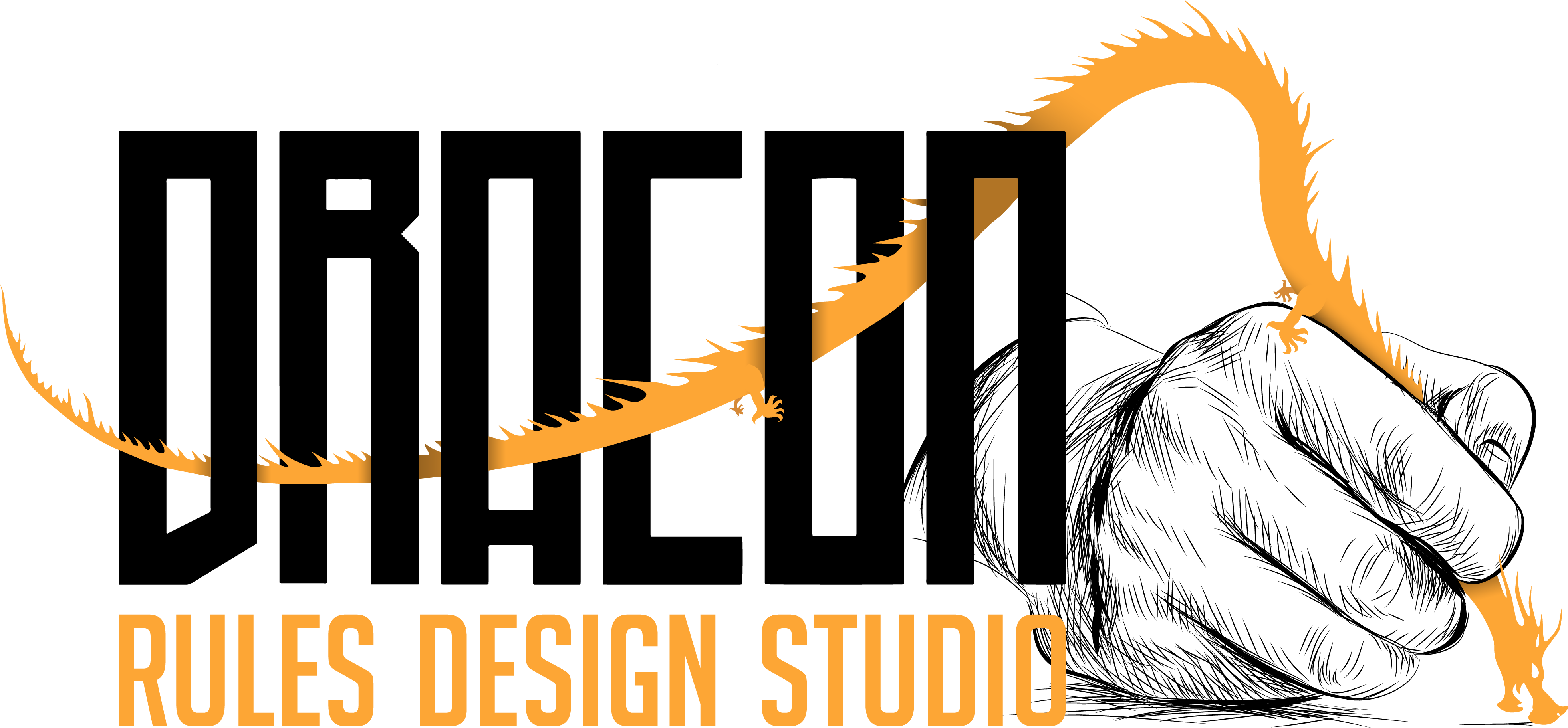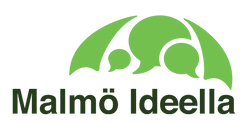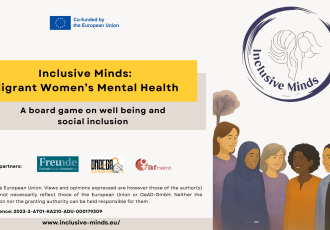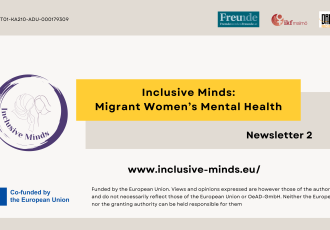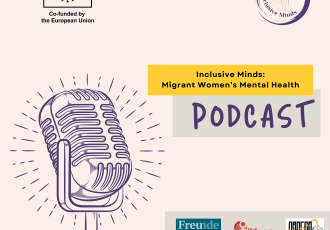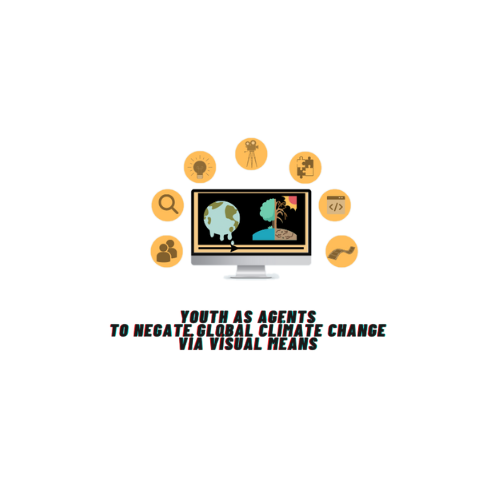
YANG.c.c.:
Youth as Agents to Negate Global climate change via visual means
Program: Erasmus+
Key action: Partnerships for cooperation and exchanges of practices
Action Type: Small-scale partnerships in youth
Project Reference: 2021-2-SE02-KA210-YOU-000048624
Start Date - End Date: 01/05/2022 - 31/10/2023
Duration: 18 months
Our role: Partner
Topics:
- Development of training courses
- Digital content, technologies and practices
- Environment and climate change
Find out more about the project:
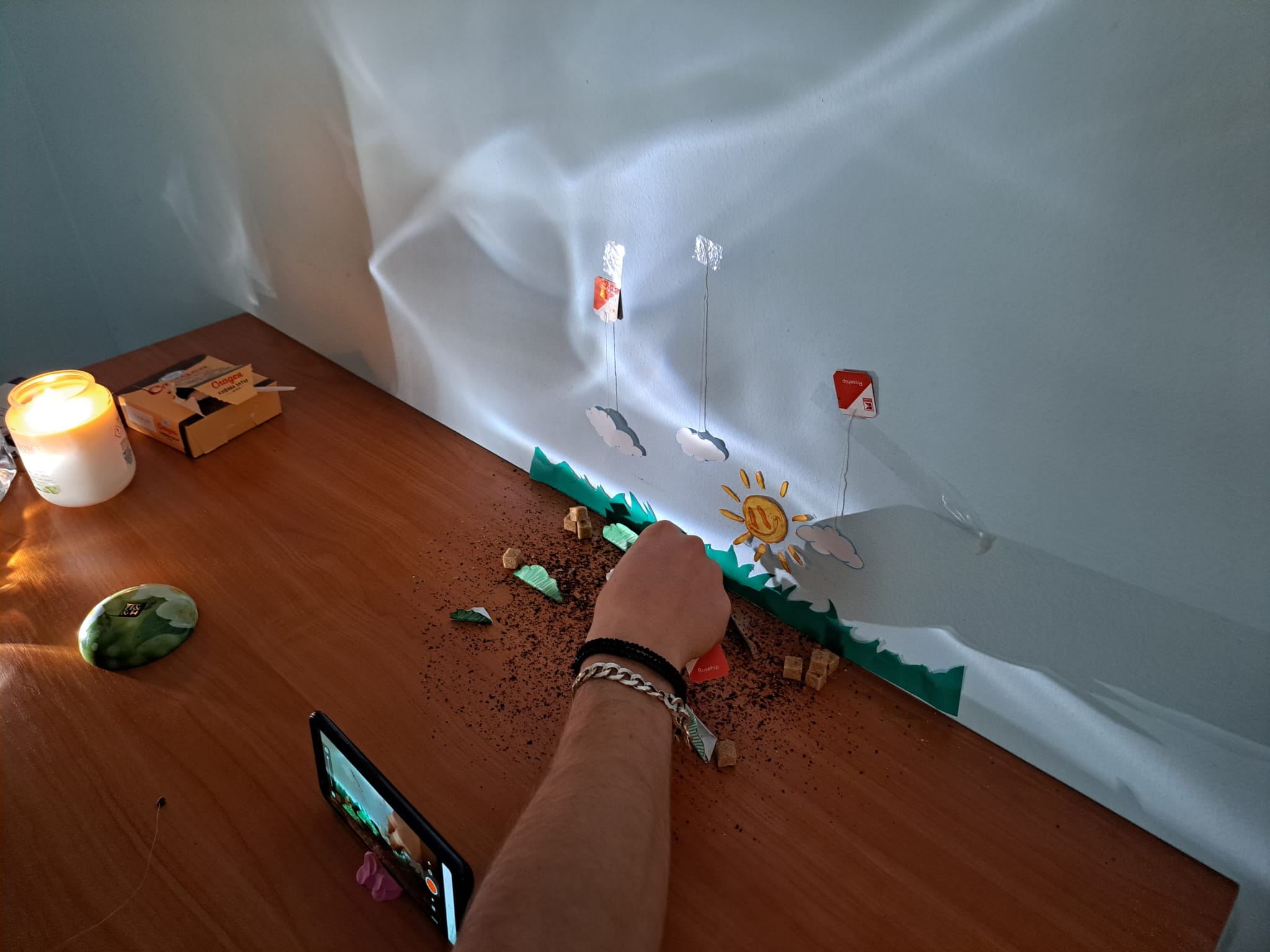
Objective
The YANGcc project aims to empower youth to become active agents in combating climate change by equipping them with innovative animation skills. Through creative expression and collaboration, the project fosters awareness, advocacy, and action, enabling young voices to drive meaningful change for a sustainable future.
About the project
The YANGcc project harnesses the power of animation to engage and empower young people in addressing climate change. Through comprehensive training courses and creative local activities, YANGcc equips youth trainers and young leaders with the skills to use animation as a tool for advocacy and education. The project fosters collaboration, creativity, and leadership, resulting in impactful animations that promote climate awareness and inspire action. YANGcc is more than just a project—it's a movement toward a greener, more informed, and inclusive future.
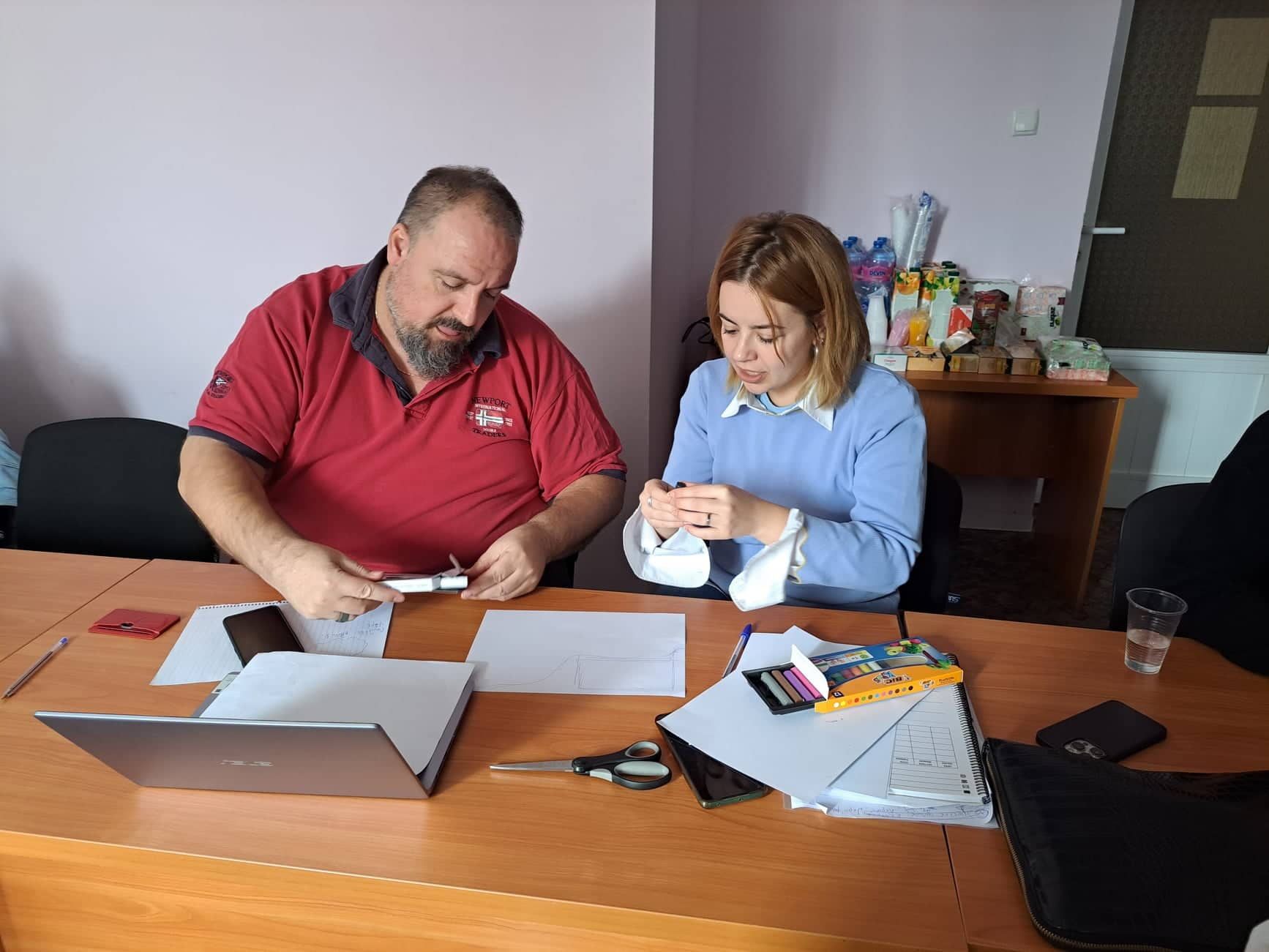
Background
Climate change is one of the most pressing global challenges of our time, impacting every corner of the world. While governments and organizations are taking steps to combat its effects, youth remain at the forefront of driving meaningful change. Recognizing the untapped potential of young people, the YANGcc project was created to empower the next generation with innovative tools to raise awareness and take action. By combining animation technology with climate advocacy, YANGcc inspires youth to amplify their voices, connect with their communities, and contribute to a sustainable future.
Objectives
The YANGcc project aims to empower youth to become active agents in combating climate change by equipping them with innovative animation skills. Through creative expression and collaboration, the project fosters awareness, advocacy, and action, enabling young voices to drive meaningful change for a sustainable future.
Empower Youth Through Animation 🎥
Equip youth trainers and leaders with animation skills to express their ideas and concerns about climate change creatively and effectively.
Raise Awareness Locally and Globally 🌿
Engage communities by showcasing impactful animations, inspiring local actions, and advocating for sustainable policies.
Foster Collaboration and Innovation 🤝
Build connections between youth, trainers, and organizations, creating a network of changemakers committed to addressing climate challenges
48 Empowered Participants 🎓
24 youth trainers and 24 young leaders gained advanced skills in animation technology, enabling them to address climate change creatively and effectively.
26 Impactful Videos 🎥
Participants collaborated to produce 26 compelling animations that express diverse perspectives on climate change, raising awareness and advocating for sustainable solutions.
Local Community Engagement 🌍
Local activities were organized to involve youth in using animation as a tool to inspire action and raise awareness within their communities.
Online Presence 📱
A dedicated YouTube channel, project website, and social media accounts were launched, showcasing animations and fostering global discussions on climate change.
Sustainable Impact 💡
Participants are now equipped to continue using animation for advocacy, ensuring the project’s long-term contribution to climate action and education.
Partners
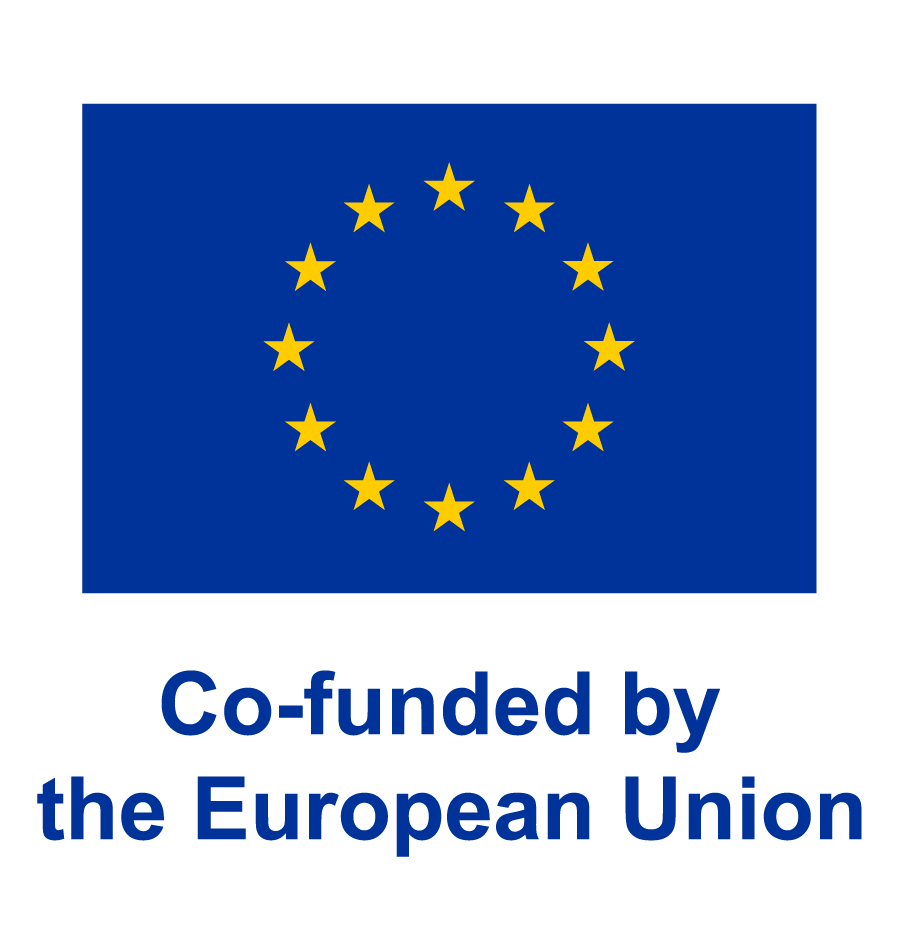
Funded by the European Union. Views and opinions expressed are however those of the author(s) only and do not necessarily reflect those of the European Union or the European Education and Culture Executive Agency (EACEA). Neither the European Union nor EACEA can be held responsible for them.
